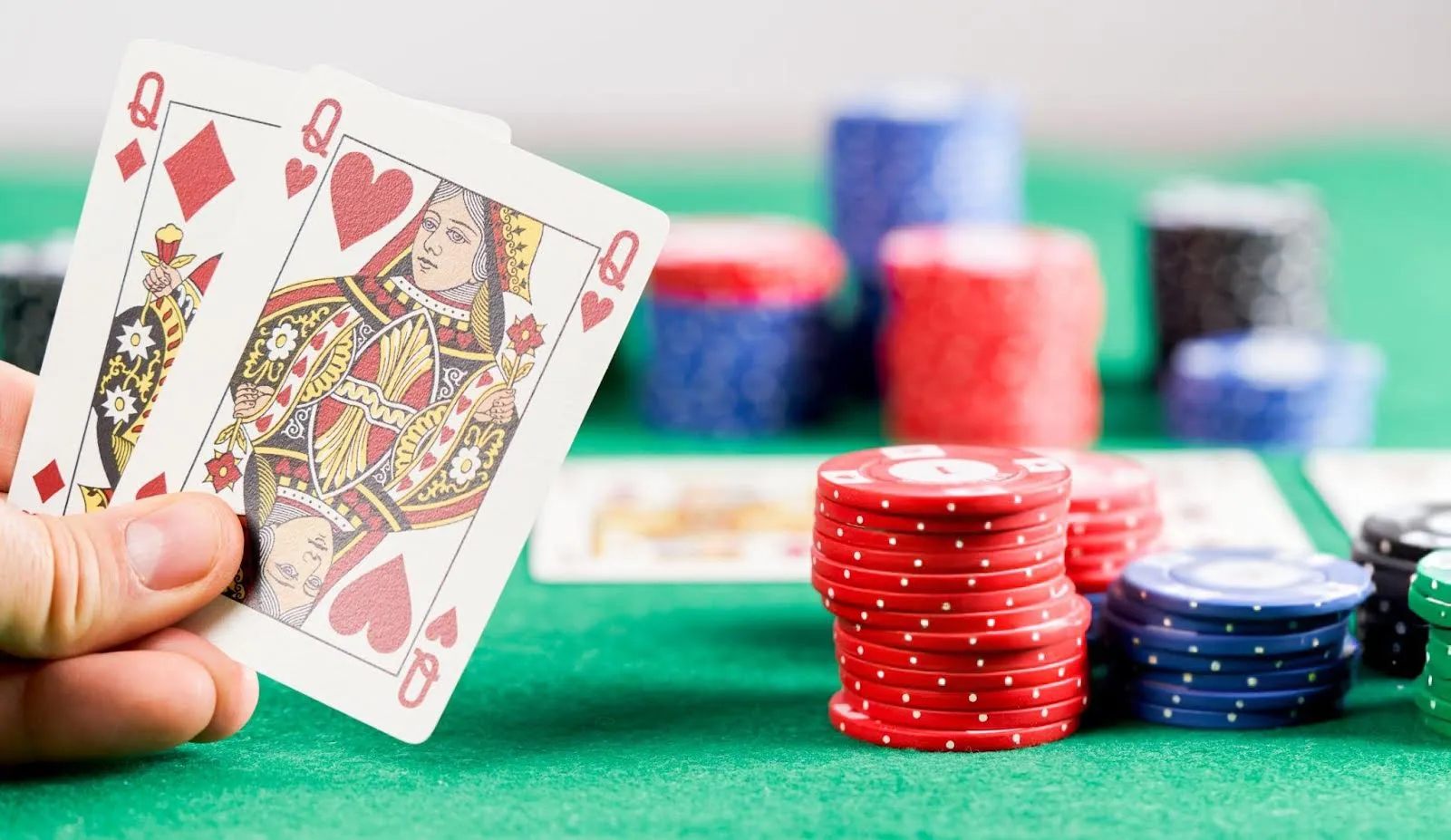
Poker is a game of strategy, skill, and timing. Making your fold is one of the wisest decisions you can make at the table. Although most new players think only about winning, successful players know that folding can be a way to save money and increase their chances in the long term. In this blog, we’ll cover everything you need to know about how and when to fold cards poker and why it’s a key part of intelligent poker strategy.
What is "Fold Cards Poker"?
Fold in Poker means giving up in the current round at the table. Once you fold, you will no longer take part in this game, which means you can’t win the pots. The good thing is that when you feel a risk in the round, you can fold, and it will protect you from the loss.
When Should You Fold Cards in Poker?
Folding is not a sign of weakness; it’s a smart decision when:
You Have a Bad Hand
Sometimes you get hands that are not worthy to play. When your first cards are low or not suitable for the hand ranking. In that case, you must fold the poker cards.
The Bet Is Too High for Your Risk
Sometimes, opponents place large bets early in the game. If you’re unsure about your cards or think the pot isn’t worth the risk, folding is the smart move. Don’t feel pressured to match big bets just to stay in the game; protecting your money is more important than bluffing or guessing.
Your Chances of Winning Are Very Low
Suppose you began with good cards, but the community cards (flop, turn, or river) didn’t help your hand at all. If the other players are betting and raising confidently and your hand has not developed into anything solid (such as a pair, straight, or flush), folding is a good idea. Playing low odds will drain your money stack rapidly.
You Sense a Stronger Opponent
Skilful poker players send out signals (or “tells”), confident bets, cool responses, or consistent raises can signal a strong hand. If you’re playing against someone who is playing with clear confidence and you don’t have anything substantial to stand against them, you should fold. Don’t fall into their trap by pursuing the pot without the cards to support it.
Remember: Fold Early, Save Big
Folding is not fear; it’s making intelligent decisions. If you realise sooner that a hand cannot possibly win, folding lets you keep your money safe for better hands. Patience and timing are key in poker, and folding is part of that winning plan.
Make the Highest Ranking Hand in Poker Games With Casino Betting ID at Tigerbook!!
Benefits of Folding in Poker
Saves Your funds for Winning Hands
One of the biggest advantages of folding is that it saves you from losing money on bad hands. Rather than playing unlikely winning hands, folding allows you to keep your stack and utilize it when you do have a strong possibility of winning. In poker, saving money is as crucial as winning pots.
Reduces Risk When You’re Ambiguous
If you’re not sure about your hand or can’t read other players well, folding is the best choice. Instead of betting blind, folding saves you from trouble and prevents unnecessary losses. It’s always best to hold on and not bet blind.
Enhances Long-Term Strategy by Playing Only Good Hands
Continuously folding poor hands enables you to concentrate on good-quality hands with actual winning potential. In the long run, this disciplined approach enhances your winning chances. Wonderful players don’t play every hand—they play brilliant hands, and that’s what keeps them ahead.
Assists in Reading Other Players, As You Can Watch Without Pressure
In the starting round, when you fold your cards, you can observe how other players react. Doing this action will provide you useful information about the players habits, bluffing techniques, and betting styles. Observation will make you more skillful in this game.
Smart Folding = Smart Playing
The most skilled players understand that you don’t have to play every hand in order to win. More often than not, folding is the best choice you can make. It saves your bankroll, helps maintain your concentration, and prepares you for bigger winnings later on. So don’t forget, learning to fold cards poker is as important as learning when to bet.
Conclusion
If you’re going to be a clever and successful poker player, learning when to fold cards poker is a must. It’s not a defensive strategy per se, it’s a winning approach that can keep you playing longer and scoring larger wins. So whenever you’re hesitating, recall: folding could be the best decision you ever make at the poker table.


